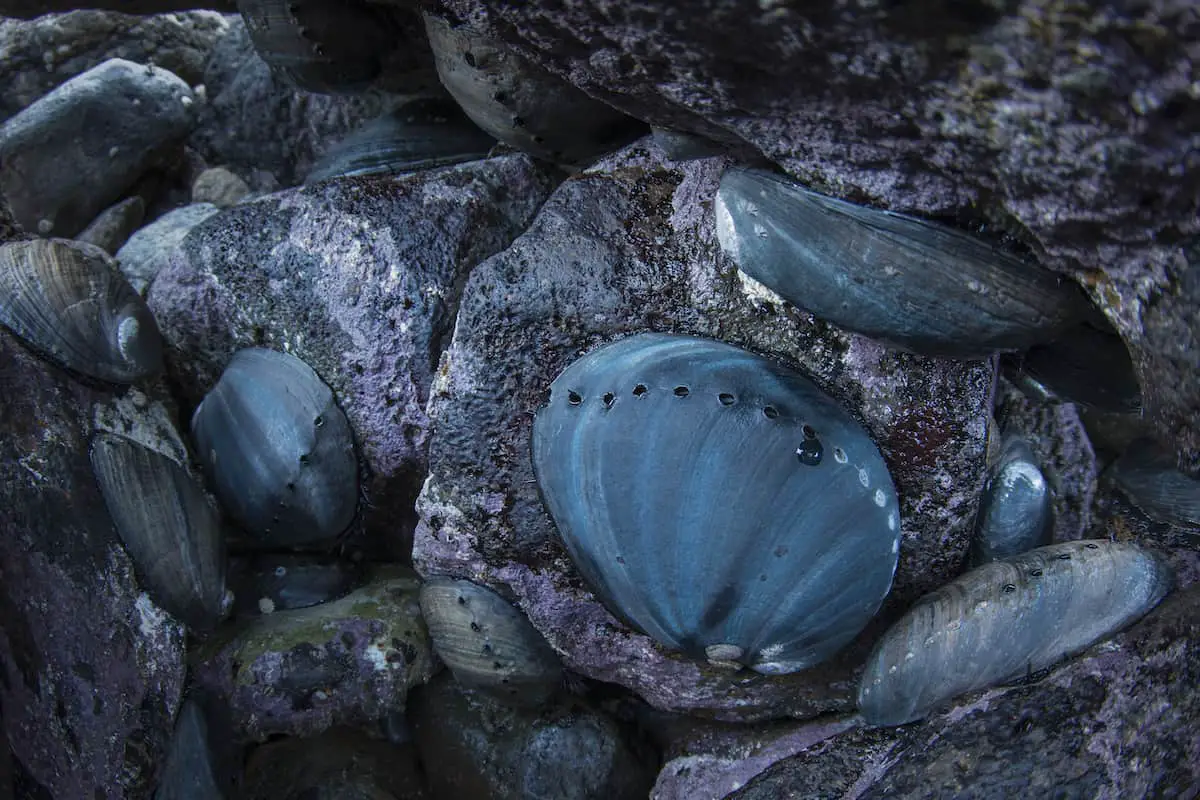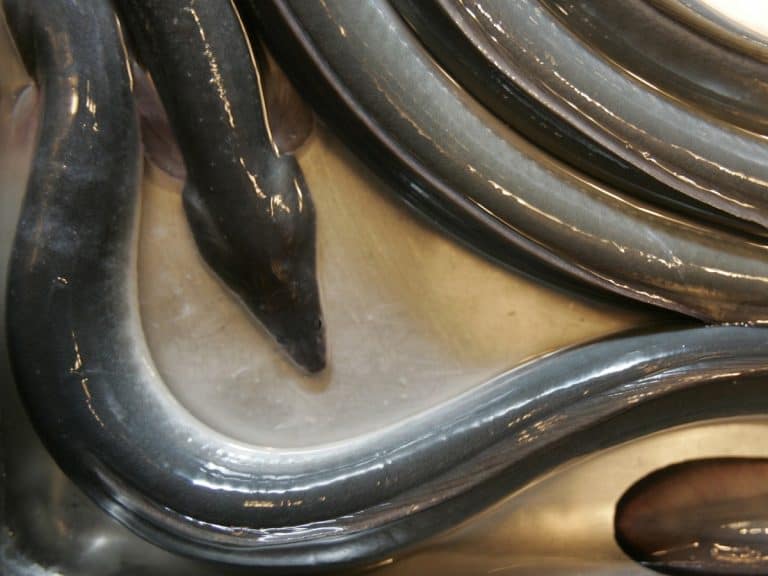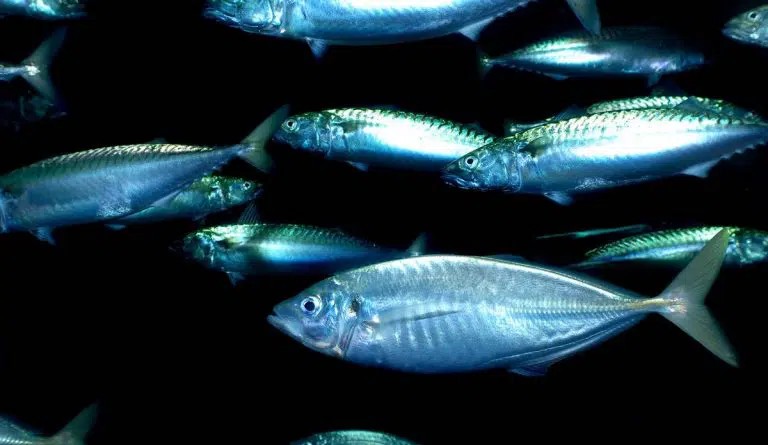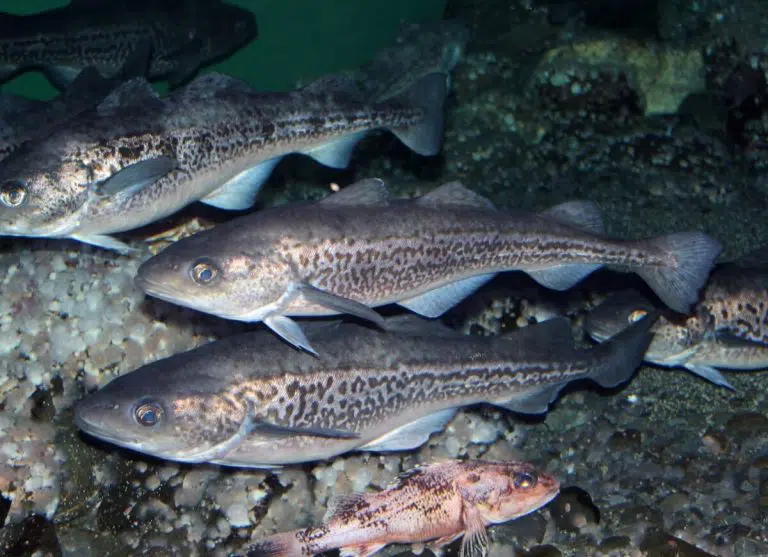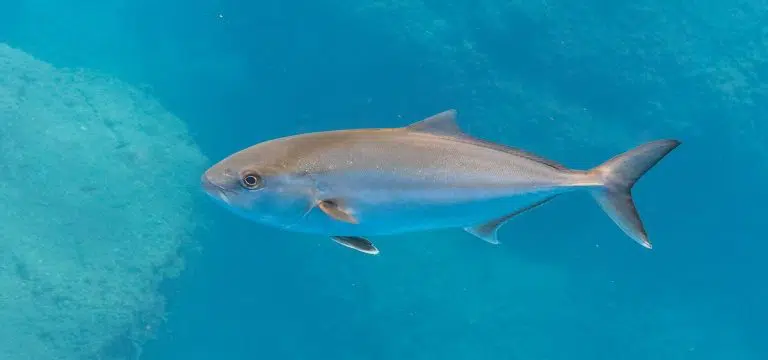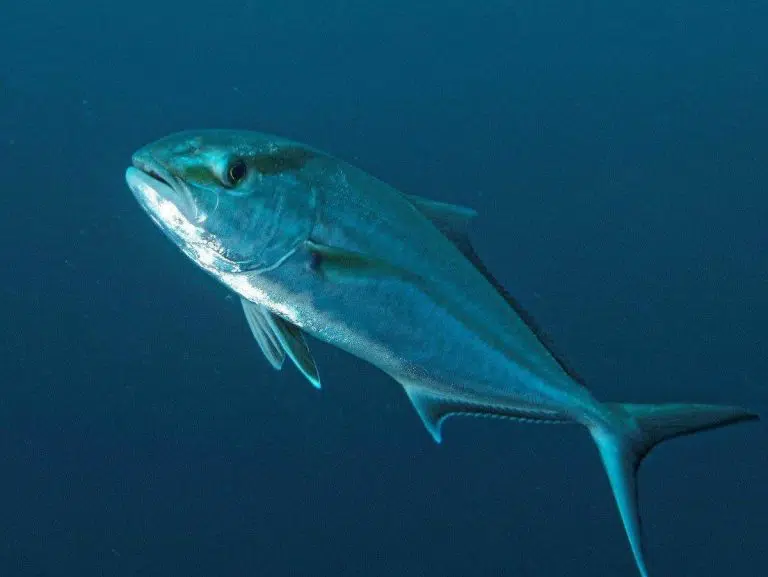Source: Farmed, Wild
Mercury Risk: Low
The abalone is a slow-moving, algae-munching snail with the unfortunate quality of being absolutely delicious. Many abalone stocks are threatened or endangered, and as such, wild abalone must be avoided at the sushi bar. As a matter of fact, an American sushi chef serving awabi sushi, or wild abalone, is probably breaking the law.
Luckily, there is an option. Farmed abalone is an excellent replacement for wild product and is much more sustainable in nature. Abalone farms are environmentally benign as they require no additional feed or fish meal, and do not significantly impact wild stocks. In fact, the presence of sustainable farmed abalone in the market should help to ease pressure on wild populations.
Farmed abalone is generally about four inches across when harvested. If a larger specimen is found in an American sushi restaurant, it could have been poached. In such a situation, it may be prudent to question the chef about his or her sources.
What’s the verdict on awabi (abalone)?
Farmed abalone is a great choice and a strong step towards healthy abalone populations.
Wild abalone, if found in a US sushi bar, is probably poached from overfished stocks and should be avoided at all costs.
For more information on sustainable seafood, make sure to check out our series on fish.
Casson Trenor
Casson Trenor is a frequent commentator on sustainable seafood issues. He has been featured in regional, national, and international media outlets, including CNN, NPR, Forbes, New York Times, Boston Globe, Christian Science Monitor, San Francisco Chronicle, Los Angeles Times, Seattle Times.

